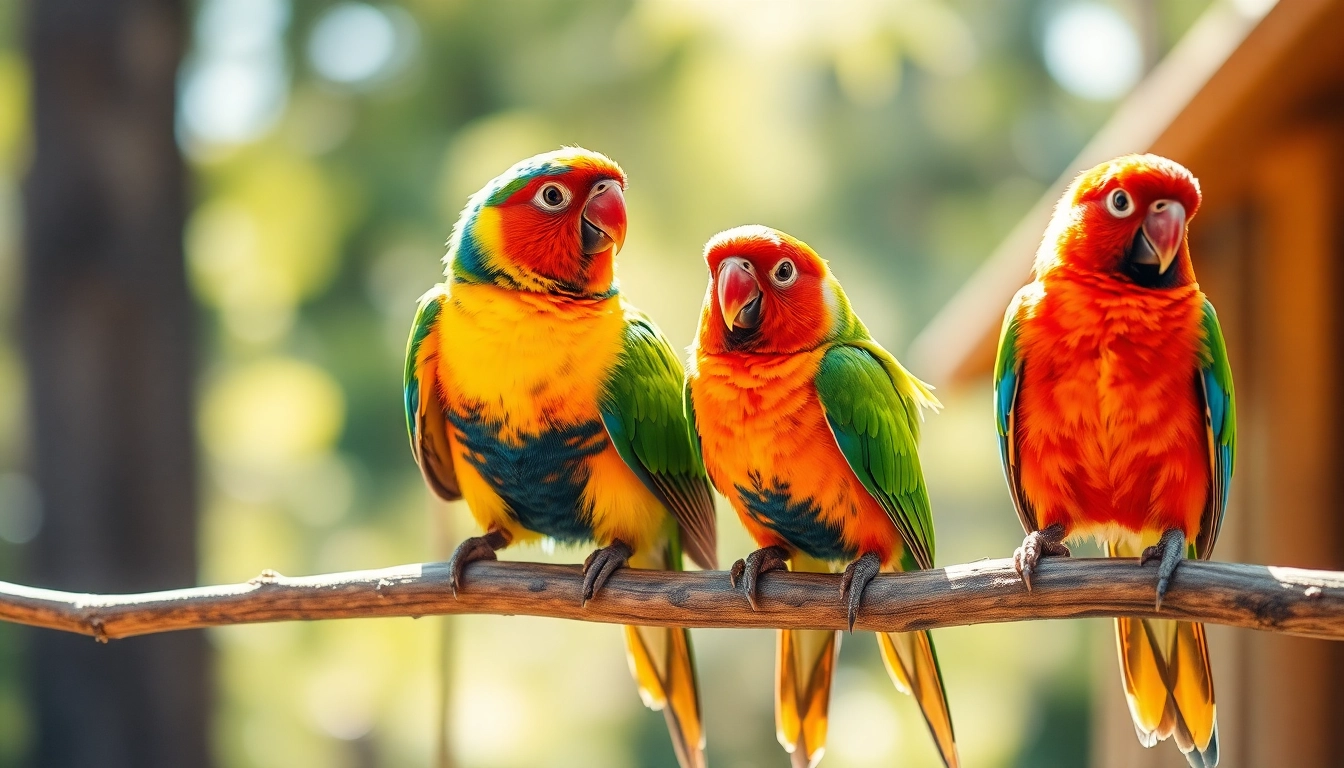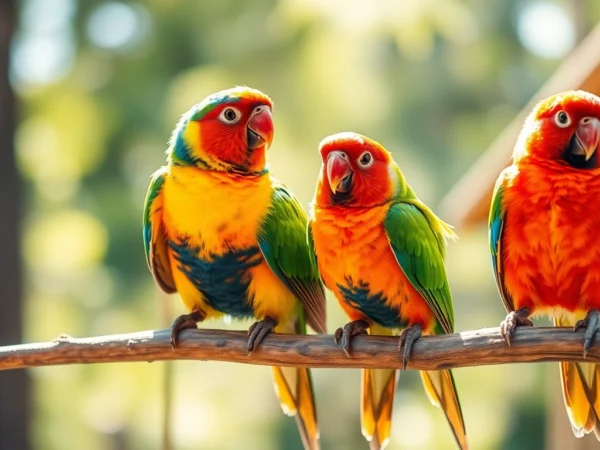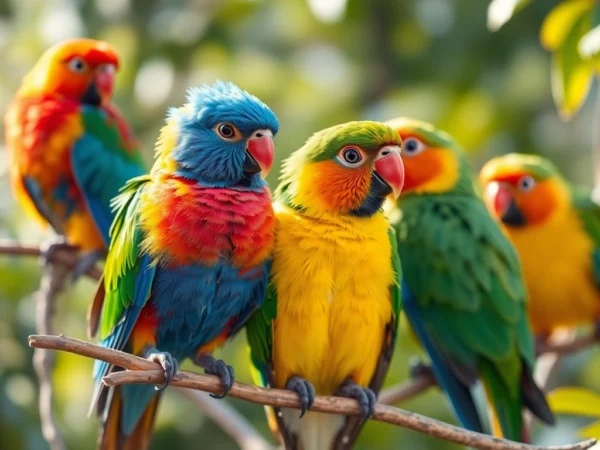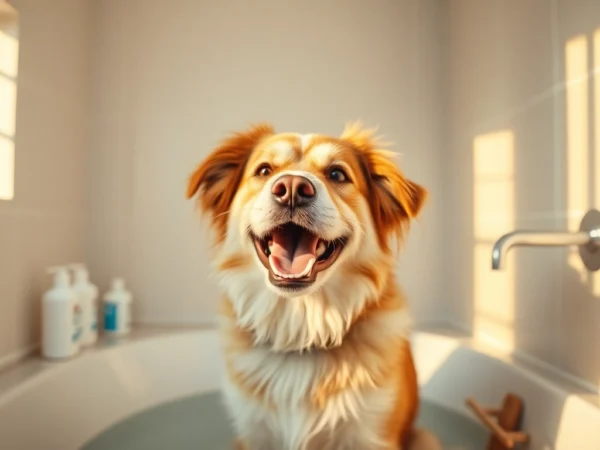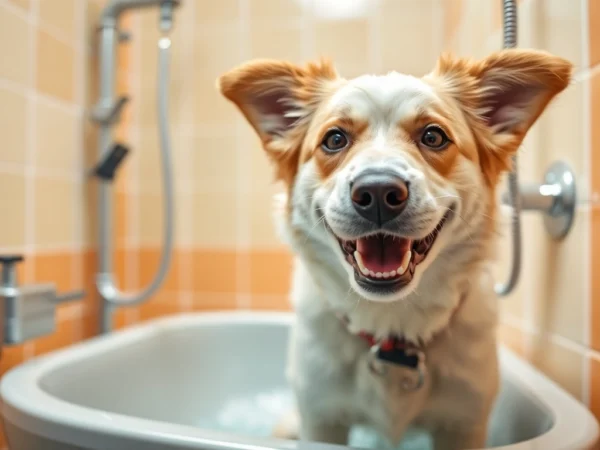Essential Guide to Caring for Pet Birds: Tips for Happy and Healthy Avian Companions
Introduction to Pet Birds: Understanding Their Needs and Behaviors
Pet birds have captivated humans for centuries, serving as vibrant companions that bring joy, beauty, and life into our homes. From the melodious chirping of canaries to the intelligent antics of parrots, birds offer a unique form of companionship that combines visual appeal with fascinating behavior. However, caring for pet birds requires a nuanced understanding of their specific needs, behaviors, and environmental requirements. This comprehensive guide aims to provide bird enthusiasts and prospective owners with the essential knowledge needed to ensure their avian friends enjoy a happy, healthy, and enriching life.
If you’re considering adding a pet birds to your family, understanding their natural tendencies and care requirements is crucial for long-term success and mutual happiness.
Common Types of Pet Birds and Their Characteristics
Pet birds encompass a diverse array of species, each with unique traits, care needs, and temperaments. Selecting the right bird depends on your lifestyle, experience level, and what you seek in a companion.
Popular Pet Bird Species
- Budgerigars (Budgies): Small, social, and intelligent, budgies are among the most popular pet parrots worldwide. They are easy to care for, highly trainable, and enjoy social interactions.
- Canaries: Known for their singing ability, canaries are relatively low-maintenance and are best suited for owners who appreciate their melodic calls.
- Finches: Active and flock-oriented, finches thrive in groups and require ample space to fly freely.
- African Greys: Renowned for their exceptional intelligence and ability to mimic speech, African Greys are better suited for experienced bird owners due to their specialized care needs.
- Cockatiels: Friendly and playful, cockatiels possess distinctive crests and can develop strong bonds with their owners.
Understanding the specific needs and temperaments of these types can greatly influence how you care for your bird and ensure a harmonious relationship.
Basic Care Requirements for Pet Birds
Proper care is fundamental for maintaining the health and well-being of pet birds. This includes providing an appropriate environment, a balanced diet, and regular health monitoring.
Cage Size and Environment
Bird cages should be spacious enough to allow for natural behaviors such as flying, climbing, and spreading their wings. The cage should be positioned in a well-lit area, away from direct sunlight and drafts, and placed at eye level to reduce stress.
Perches, Toys, and Enrichment
To prevent boredom and promote mental stimulation, include various perches made of natural wood, as well as a selection of toys that encourage activity and problem-solving. Rotate toys regularly to maintain interest.
Temperature and Humidity
Most pet birds thrive in temperatures between 65-80°F (18-27°C) with moderate humidity levels. Avoid placing cages near heating vents, air conditioners, or sudden temperature changes.
Nutrition and Diet for Pet Birds: Ensuring Optimal Health
Diet plays a vital role in preventing illness and promoting longevity among pet birds. Providing a varied and balanced diet tailored to your bird’s species is paramount.
Best Food Choices for Different Bird Species
While seed mixes are common, they should not be the sole component of a bird’s diet. Fresh fruits, vegetables, high-quality pellets, and occasional treats ensure nutritional diversity. For instance, cockatiels benefit from millet, while African Greys require particular attention to antioxidants and vitamins to support their cognitive functions.
Maintaining a Balanced Diet and Fresh Water
Fresh water should be available at all times, changed daily to prevent bacterial growth. A nutritious diet involves about 60-70% fresh produce, 20-30% pellets, and minimal seeds. Regular consultation with an avian veterinarian can help tailor dietary plans specific to your bird’s age and health status.
Foods to Avoid and Dietary Precautions
Some human foods are toxic to birds, including avocado, chocolate, caffeine, alcohol, and onion. Also, avoid feeding salty, sugary, or processed foods. Always research or consult professionals before introducing new foods to your pet’s diet.
Training and Socialization of Pet Birds for Better Behavior
Training fosters trust and helps mitigate behavioral issues. Proper socialization enhances your bird’s comfort level and enriches their daily experience.
Methods to Encourage Interaction and Trust
Build trust gradually through gentle, consistent interactions. Use calming tones, offer treats, and respect their boundaries. Positive reinforcement techniques, such as rewarding approach behaviors, accelerate bonding.
Handling Tips for Reducing Stress and Fear
Approach your bird calmly and avoid sudden movements. Support their body fully when handling, and keep sessions short initially. Observe their body language to gauge comfort levels.
Addressing Common Behavioral Issues with Pet Birds
Problem behaviors such as feather plucking, biting, or screaming often stem from boredom, stress, or unmet needs. Address these by enhancing environmental enrichment, ensuring social interaction, and consulting avian behavior specialists if needed.
Health Care and Preventive Practices for Pet Birds
Preventive healthcare minimizes illness risks and ensures your bird remains vibrant and active.
Recognizing Signs of Illness and When to See a Veterinarian
Watch for symptoms like lethargy, loss of appetite, abnormal droppings, labored breathing, or feather loss. Regular health check-ups are essential, and prompt veterinary attention prevents minor issues from escalating.
Routine Maintenance: Cleanliness and Cage Hygiene
Cleaning your bird’s cage, perches, and utensils weekly reduces the risk of disease. Use bird-safe disinfectants and remove waste promptly to promote a hygienic environment.
Preventive Measures and Vaccinations for Pet Birds
Vaccinations may be recommended for specific diseases, depending on your region and bird species. Regular health screenings and preventative treatments for parasites, mites, and bacterial infections form critical components of your bird’s care routine.
Enhancing Your Bond with Pet Birds: Enrichment and Interaction
A strong bond enhances your pet bird’s quality of life and provides mutual emotional benefits. Enrichment activities stir curiosity and stimulate natural behaviors.
Creative Toys and Activities to Keep Birds Engaged
Provide puzzle toys, foraging opportunities, and mirrors to challenge their intelligence. DIY toys or natural items like coconut shells can offer diverse stimulation. Regularly changing toys prevents boredom.
Building Trust and Strengthening Your Relationship
Spending dedicated time, speaking softly, and sharing gentle play sessions foster trust. Birds that trust their owners are more receptive to handling and training.
Traveling and Handling Tips When Caring for Pet Birds
Transport your bird in a secure, well-ventilated carrier. Minimize stress by keeping the environment calm and familiar objects nearby. Never leave a bird unattended in unfamiliar locations or vehicles.
